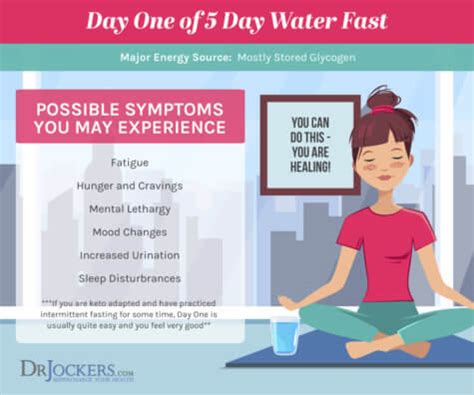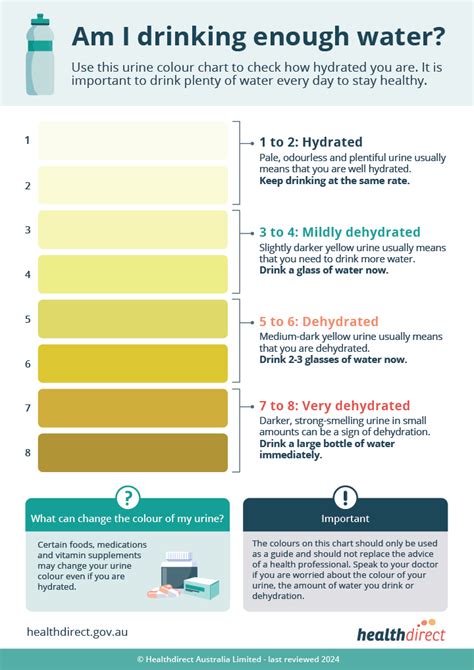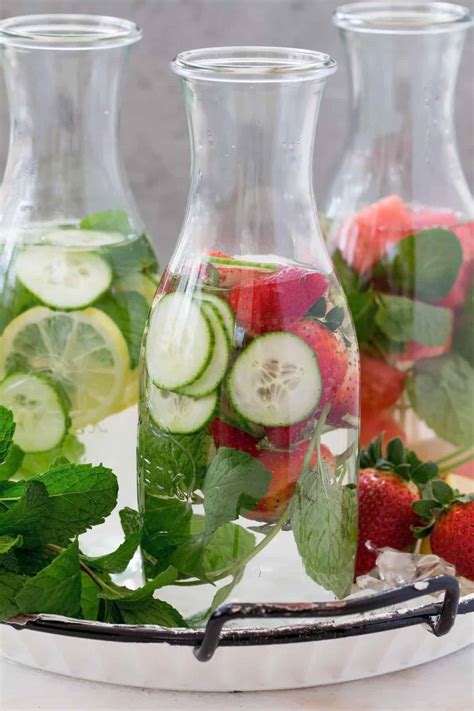How much daily water prevents fatigue effectively?

Understanding the Link Between Hydration and Energy
Fatigue is a common complaint in today’s fast-paced world, often attributed to stress, lack of sleep, or poor diet. However, one of the most overlooked yet crucial factors influencing our energy levels is hydration. Even mild dehydration can significantly impact physical and cognitive function, leading to feelings of sluggishness and exhaustion.
Our bodies are approximately 60% water, and this essential fluid plays a vital role in virtually every bodily process, from nutrient transport and temperature regulation to joint lubrication and waste elimination. When we don’t consume enough water, these processes become less efficient, directly contributing to fatigue.

How Dehydration Steals Your Energy
Even a 1-2% drop in body water content can trigger symptoms of dehydration, including a noticeable decrease in energy. Here’s why:
- Decreased Blood Volume: When you’re dehydrated, your blood volume decreases. This makes your heart work harder to pump oxygen and nutrients to your muscles and organs, leading to cardiovascular strain and fatigue.
- Impaired Nutrient Transport: Water is essential for transporting vitamins, minerals, and glucose to cells. Without adequate water, these vital nutrients can’t reach their destinations efficiently, reducing cellular energy production.
- Reduced Brain Function: Your brain is about 75% water. Dehydration can impair cognitive functions like concentration, memory, and mood, making you feel mentally drained.
- Accumulation of Toxins: Water helps flush waste products from your body through urine. Insufficient water intake means toxins can accumulate, contributing to a general feeling of malaise and fatigue.
The “Right” Amount: More Than Just Eight Glasses
The long-standing advice to drink eight 8-ounce glasses of water per day (about 2 liters) is a good starting point, but it’s not a one-size-fits-all solution. Your daily water needs are highly individual and influenced by several factors:
- Activity Level: People who exercise vigorously or have physically demanding jobs will need significantly more water to replace fluids lost through sweat.
- Climate: Living in hot, humid, or dry climates increases fluid loss, necessitating higher intake.
- Health Status: Fever, vomiting, diarrhea, and certain medical conditions (like diabetes or kidney disease) can increase water requirements. Pregnant and breastfeeding women also have elevated needs.
- Diet: A diet rich in water-containing fruits and vegetables contributes to your daily intake, while a diet high in sodium might require more water to balance.

General Recommendations for Adults
The U.S. National Academies of Sciences, Engineering, and Medicine recommends a total daily fluid intake of about 15.5 cups (3.7 liters) for men and about 11.5 cups (2.7 liters) for women. This includes fluids from all beverages and food. Typically, about 20% of your fluid intake comes from food, leaving roughly 80% to come from drinks.
For many healthy adults, this translates to roughly 8-10 glasses (8 ounces each) of plain water daily, in addition to other beverages and water-rich foods. However, listening to your body’s thirst cues is often the best indicator. Urine color can also be a helpful guide: pale yellow indicates good hydration, while dark yellow or amber suggests you need more water.

Practical Strategies for Optimal Hydration
Making hydration a consistent habit can be challenging, but these tips can help:
- Start Your Day Hydrated: Drink a glass of water first thing in the morning to kickstart your metabolism and rehydrate after sleep.
- Carry a Reusable Water Bottle: Keep it within reach throughout the day as a constant reminder to sip.
- Set Reminders: Use smartphone apps or set alarms to prompt yourself to drink water regularly.
- Infuse Your Water: Add slices of fruit (lemon, cucumber, berries) or herbs (mint) to make water more appealing.
- Eat Water-Rich Foods: Incorporate fruits and vegetables like watermelon, cucumber, oranges, and lettuce into your diet.
- Drink Before You’re Thirsty: Thirst is often a sign that you’re already mildly dehydrated.
- Pair Water with Meals: Drink a glass of water before and during each meal.

When to Seek Professional Advice
While proper hydration is crucial, persistent fatigue can sometimes indicate an underlying medical condition unrelated to water intake. If you consistently feel fatigued despite adequate hydration, balanced diet, and sufficient sleep, it’s advisable to consult a healthcare professional. They can help rule out other potential causes, such as anemia, thyroid disorders, or chronic fatigue syndrome.

Conclusion
Maintaining optimal hydration is a simple yet powerful strategy to combat fatigue and support overall well-being. By understanding your individual needs and adopting consistent hydration habits, you can significantly boost your energy levels, improve cognitive function, and enhance your body’s ability to perform at its best. Make water your go-to beverage, and feel the difference it can make in your daily vitality.









